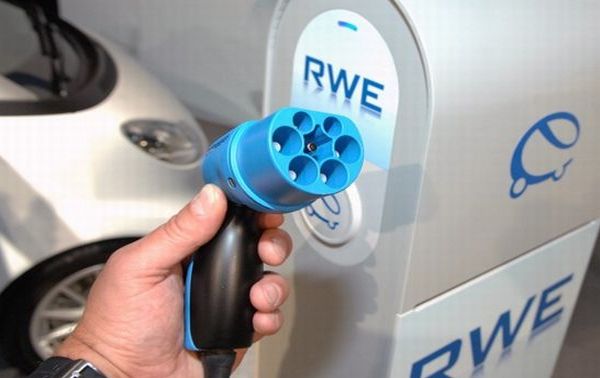
As we know it
The world lives when on the move. People are increasingly doing things when on the move. This is making mobile technology all the more important. All around us, so many electrical and electronic devices need the assistance of electrical storage or, in other words, batteries. Conventionally, lithium batteries are used in electric hybrid cars. They do have rapid charging capabilities. It takes a lot of time to fill them up with electric charge. If you were an electric car owner, you will know how long you need to park you electric car outside your electric outlet and kill time before the battery fills up.
Need for change
There is the necessity to induct new materials for the manufacture of batteries than the conventional lithium cobalt oxide batteries. Lithium cobalt oxide batteries are good to charge smartphones, mobile phones, laptops, notebooks, and small electronic consumer goods. Somehow, they do not seem to a good option to power hybrid cars. Given that cobalt is an expensive metal, it makes it practically unfeasible to make large volumes of batteries to power hybrid cars.
Conventional batteries are limited in capability and are prone to accidents. Battery leaks are the biggest problem. Another problem is the energy-storage capacity of batteries. High-energy storage warranties higher masses of batteries, which is not practically viable for big vehicles.
The need has risen for a light, fast charging battery technology that can power electric cars. Conventional battery technology does this but with many constraints like charging time, cost of maintenance, and accident-risks.
What’s next
1. PolyZion project aims to develop long-lasting zinc-plastic batteries
What’s new
The PolyZion project is aimed at manufacturing zinc-based batteries. Such batteries last long, are inexpensive, and light. The best thing about them is that they are eco-friendly. They could replace current battery technology in hybrid cars.
What difference will it make
These batteries will have little or no impact on the environment. Unlike lead acid, lithium ion, and nickel metal hydride batteries, these batteries pose lesser risks of battery-leaks.
2. New nano-based battery technology could charge electric vehicles in two minutes
What’s new
Professor Paul Braun of Illinois University has invented a battery that could charge-up electric vehicles in less than one hundred and twenty seconds. Based on a nanostructure, the battery can charge up at great capacities in very less time.
What difference will it make
The nanostructure is a self-assembling structure that has been used on NiMH and Li-ion batteries. According to Professor Braun, the battery delivers power of a capacitor and energy of a battery.
3. MIT working on an electric car that charges in 10 minutes
What’s new
Battery technology is certainly up for review. Adopting a futuristic approach to reinforce this existential technology is MIT (Massachusetts Institute of Technology). MIT’s Laboratory for Electromagnetic and Electronic Systems (LEES) is working on replacing existing battery technology with a new one. This one is great for hybrid cars that rely on stored electric power.
MIT’s new brainwave is based on the development of nickel metal hydride batteries. These batteries recharge by themselves when the car decelerates or is stationary. The new batteries developed by MIT are based on manganese and nickel. Both these metals cost less than cobalt.
The new battery technology will manufacture batteries with the composition of lithium, nickel, and manganese oxide. They will be called lithium nickel manganese oxide. It is ironical that the scientific community already knew about the capabilities of this composition to store large amounts of electric energy. However, it did not have the capability to charge and discharge quickly. MIT saw this opportunity and went ahead to make a structural change in the compounds to correct this.
4. Tesla fast-charging battery
What’s new
Telsa Motor’s Model S Sedan will have a new battery technology that may revolutionize the way hybrid cars are charged. The 440-volt fast charging battery will use a 220V/70A system and will charge to capacity in less than four hours.
What difference will it make
The car can run more than two hundred and twenty miles on a full charge. This battery technology also creates the need for fast charging stations. A company taking the lead in this area is Ecototality. This company has already created 5100 fast charging stations across 13 airports in the United States of America. None of them is ready for commercial as of now, but going by what we see, the future is definitely near.




